About Japan Innovation Team

We support MSF staff to find and build solutions that improve our patients' lives.
Principles
Human-centredness
We work with you to put human needs, concerns and wellbeing at the centre of your design process.
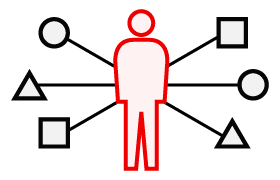
Co-creation
Together, we ensure that people who will use or otherwise be affected by your innovation have a meaningful role in its design.
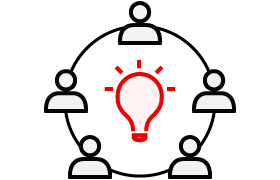
Systematic idea development
We help you define a rigorous, logical and methodical development process that we can follow together to solve your challenges.
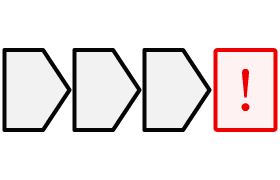
Failing fast, failing ethically
We know innovators must be allowed to test, fail, learn and re-try to work towards better solutions. We work with you to analyse and mitigate the unique risks that arise when testing ideas in humanitarian contexts where people are already extremely vulnerable.
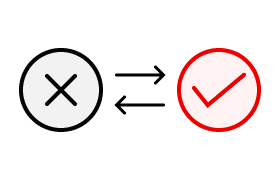
Our approach
Our approach has three additional characteristics. These, we believe, make us worthy of your particular attention. At the MSF Japan Innovation Team, we:
-
1.
Substantially prioritise your problem analysis.
-
2.
Reflect critically on humanitarian innovation practice, and share our thoughts for wider discussion.
-
3.
Specialise in four specific areas of humanitarian innovation.
Problem Analysis
We prioritise working with you to deepen and refine your understanding of whatever challenge you identify. We are trained and experienced with a wide range of tools for this purpose. We do this because it is easy to propose exciting but too often unrealistic ideas when the nature of a problem is not thoroughly investigated. As our shared analysis of your problem sharpens, and as we together shed light on the various limitations you have to work within, proposing solutions becomes harder. But it also becomes far more productive.
Critical reflection
The MSF Japan Innovation Team takes a more critical attitude to innovation than most innovators do. Our work is informed by our own reflections, and those of other opinion leaders in our network, on the practical and ethical challenges confronting innovation in humanitarian work. We believe this makes our design processes and solutions better, and gives us a more powerful voice in the wider humanitarian innovation community.
Specialisation
“Humanitarian innovation” covers a wide range of activities, technologies, theories, and more. But the opportunities and risks of innovating change according to political context, technology, collaboration partner, and much more besides. In recognition of this variation, the MSF Japan Innovation Team focuses on four specific areas of innovation. We chose these based on our own our particular expertise and the comparative advantages that stem from our location in Tokyo:
1. Data-based innovation
Harvesting the benefits from digitised data
Digitised data production and analysis promises to improve the efficiency and effectiveness of aid programmes dramatically. Sharing this data responsibly could enhance research and analysis of the needs of people in crises, improving support for them. But data collection can undermine privacy. For people caught in conflict or disasters, violations of privacy very easily become violations of personal security. These are high stakes.
Our team mixes medical and non-medical innovators, each with significant MSF field experience often in senior coordination roles. We have an excellent vantage point to help you find ways to reap the benefits and minimise the risks of producing digitised data in your MSF field projects and sharing that data both inside and outside the MSF movement. Our base in Tokyo is an enormous asset for this. Japan is a leader in responsible data sharing and supports various worldwide initiatives to promote it.
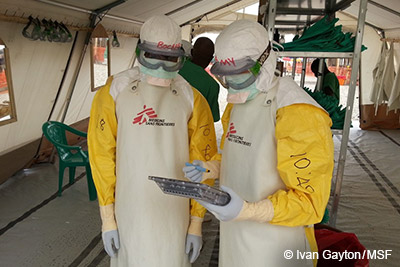
2. Logistics/procurement
Improving logistics and procurement systems
Without reliable logistics and procurement, product shortages quickly jeopardise the effectiveness of humanitarian programmes. For groups like MSF that work as close as possible to people needing aid, last-mile delivery is especially challenging. Maintaining proximity can mean working in places that are extremely difficult to reach due to conflict, displacement, or lack of infrastructure.
We are working to increase the reliability of humanitarian supply lines and decrease their cost. We can help you explore technological innovations as well as systemic ones, like alternative suppliers or distribution lines, to improve the logistics and procurement systems sustaining MSF field programmes. Our location in East Asia is again a huge comparative advantage for exploring such tech-based and systems-level innovations.
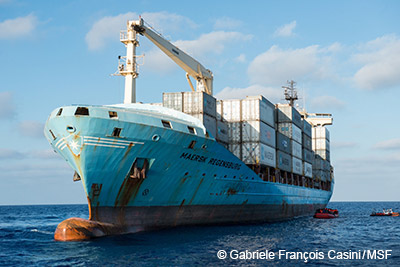
3. Neonatal medical care
Identifying solutions to improve neonatal care
Neonatal care has historically been under-prioritised in humanitarian work, largely due to the resources and specialised training it requires. As a result, this medical area stands to benefit more than most from new ideas that improve care. We have developed close relationships with MSF’s Medical Departments and technical referents for paediatrics and neonatal care. Their expertise, together with our team’s own academic training and practical experience in both humanitarian medicine and innovation, are strong assets for identifying and developing ideas that could substantially improve neonatal care in MSF projects in all contexts.
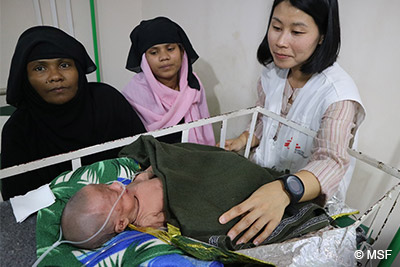
4. Organisational/systems design
Transforming ways of working
Today aid organisations intervene in a greater variety of contexts. There, they face new technology-enabled opportunities for, and threats to, their work, and they do so in a less and less predictable global political environment. Surrounded with so much change, humanitarian groups must be open to transforming their own institutional structures and their ways of working in accordance with this new context in which they must operate.
Organisational change is one of the most difficult parts of management. We bring more than 30 years collective experience of senior management both inside and outside MSF in both the field and headquarters. We are trained and experienced in numerous techniques for helping you diagnose your organisational challenges, identify possible solutions, and ultimately implement them successfully.
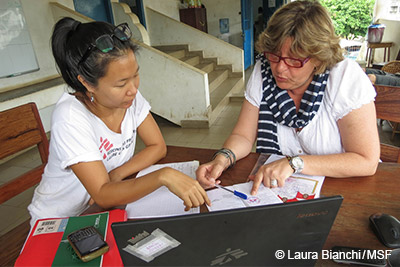
- ©Frederic NOY
